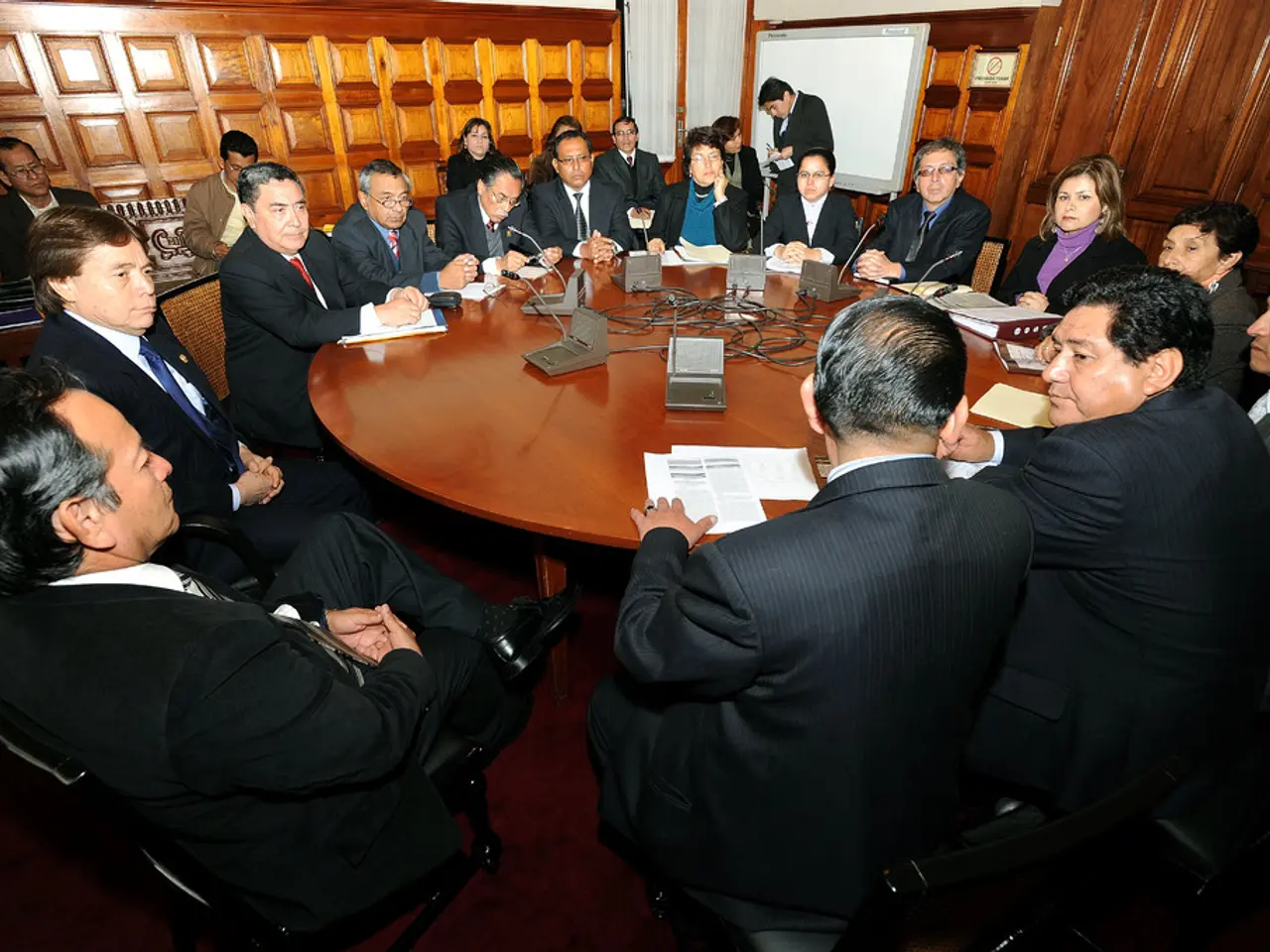Tornado Cash: Privacy vs. Regulation in Crypto Transactions
Tornado Cash, a decentralized protocol for Ethereum transaction privacy, has faced significant scrutiny. In 2022, the US Department of the Treasury sanctioned the platform for enabling money laundering, sparking debate within the crypto community. The sanctions were later lifted, but the platform remains under watch.
Tornado Cash enhances privacy by mixing cryptocurrency deposits in a smart contract. Users send their coins to a Mixer contract, where they're combined with others' deposits. The recipient then retrieves the funds at a new address, making it hard to trace the original source of the transaction. The protocol uses zk-snarks, a type of zero-knowledge proof, to hide the connection between sender and recipient addresses.
The platform is managed through a DAO and token called 'torn'. However, its use has drawn criticism. In 2022, the US Department of the Treasury (OFAC) sanctioned Tornado Cash for its use by hackers and money launderers. Roman Storm, a user, was charged with money laundering conspiracy and sanctions violations in 2023. The crypto community engaged in significant debate over privacy and regulatory implications.
Despite the controversy, Tornado Cash continues to operate, offering anonymity for Ethereum transactions. Its decentralized nature and use of zk-snarks make it a complex target for regulation. As cryptocurrency regulation evolves, so too will the scrutiny on privacy-focused platforms like Tornado Cash.






